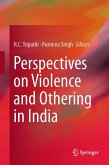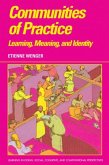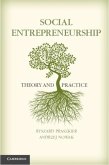What motivates violence? How can good and compassionate people hurt and kill others or themselves? Why are people much more likely to kill or assault people they know well, rather than strangers? This provocative and radical book shows that people mostly commit violence because they genuinely feel that it is the morally right thing to do. In perpetrators' minds, violence may be the morally necessary and proper way to regulate social relationships according to cultural precepts, precedents, and prototypes. These moral motivations apply equally to the violence of the heroes of the Iliad, to parents smacking their child, and to many modern murders and everyday acts of violence. Virtuous Violence presents a wide-ranging exploration of violence across different cultures and historical eras, demonstrating how people feel obligated to violently create, sustain, end, and honor social relationships in order to make them right, according to morally motivated cultural ideals.
Dieser Download kann aus rechtlichen Gründen nur mit Rechnungsadresse in A, B, BG, CY, CZ, D, DK, EW, E, FIN, F, GR, HR, H, IRL, I, LT, L, LR, M, NL, PL, P, R, S, SLO, SK ausgeliefert werden.
Hinweis: Dieser Artikel kann nur an eine deutsche Lieferadresse ausgeliefert werden.









